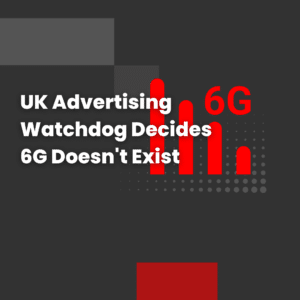UK telco group BT’s incubation unit, Etc, has announced a new initiative to repurpose redundant street cabinets into electric vehicle (EV) charging points. Currently utilized to provide copper-based broadband and phone services, these cabinets will be decommissioned as BT rolls out its fiber network. Etc plans to conduct a series of technical and commercial pilots over the next two years to transform these cabinets into charging stations for electric cars.
The initial pilot will begin in Northern Ireland in the coming autumn, with access to the charging ports initially limited to Openreach and BT Group employees. However, the service is expected to be expanded to the public later, and additional pilot locations will be introduced across the UK later in the year.
Etc estimates that as many as 60,000 of BT’s 90,000 cabinets could be suitable for conversion to EV charging points. The success of the pilots will determine the ultimate scale of the program. Throughout this process, Etc assures that the new EV charging network will not disrupt the telecommunications services currently supported by the cabinets.
Tom Guy, Managing Director of Etc at BT Group, emphasizes the importance of this initiative in light of the 2030 ban on sales of internal combustion engine vehicles. He sees it as an opportunity to innovate and create an effective technical, commercial, and operational route to market for EV charging infrastructure.
Ben Nelmes, CEO of New Automotive, also acknowledges the significance of BT Group’s plans, expressing excitement about the potential business opportunity and the role it can play in expanding the number of EV charge points.
The release highlights the UK Government’s ambitious goal to increase the number of charge points from 45,000 to 300,000 by 2030, with a £1.6 billion public funding allocation announced in March 2022. However, it’s not specified whether any of this funding has been allocated to these specific trials.
Meanwhile, in Europe, the EU has recently adopted new regulations requiring fast recharging stations of at least 150 kW to be installed every 60 km along its main transport corridors starting from 2025.
Pushing for electric vehicles and other sustainability initiatives has become a priority for governments and businesses. However, there are ongoing discussions in political circles about reassessing some elements of the ambitious government net zero goals in light of the current cost of living crisis.



